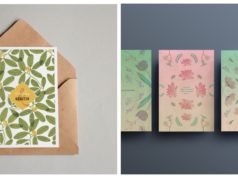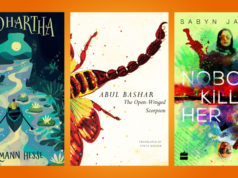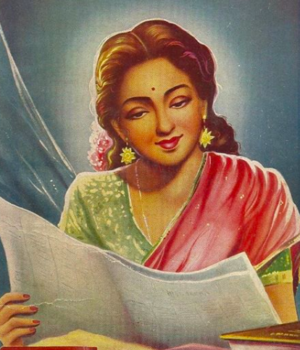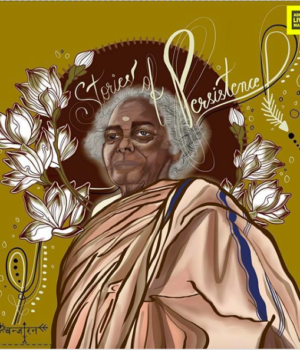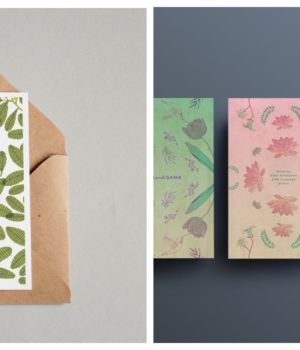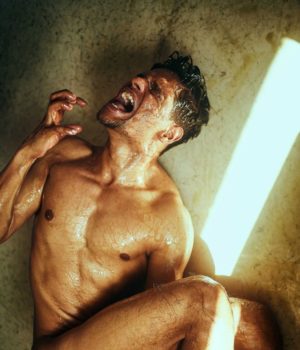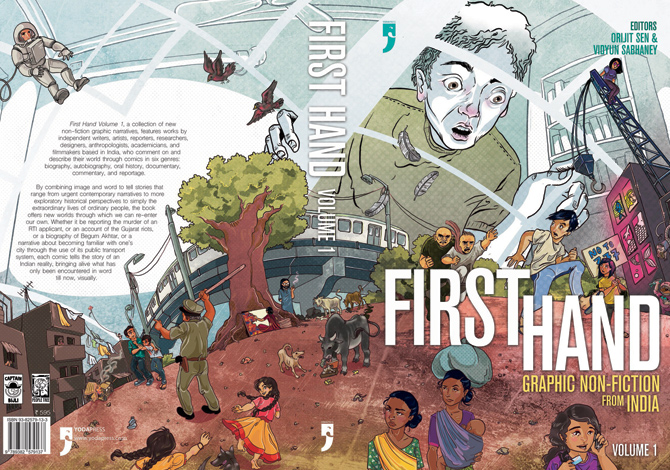
Fatigued by the cacophony of innumerable television channels and deluged by an overload of information from the internet and print media, many people are experiencing a “shut-down” syndrome of sorts. Consequently, relevant headlines deserving of our attention, criticism and crucially, our empathy, are either lost along the way or filtered by mass media or the government.
In an attempt to revive collective consciousness, reader interest, and political and social criticism, artist Orijit Sen and writer Vidyun Sabhaney released a graphic novel titled ‘First Hand Vol 1.’ last year. The book is a collection of 22 non-fictional stories portrayed through a comic book format. It features thought-provoking narratives on socio-political injustices as well as stories on the struggles of ordinary Indians, coupled with visual artistry that makes for compelling viewing.
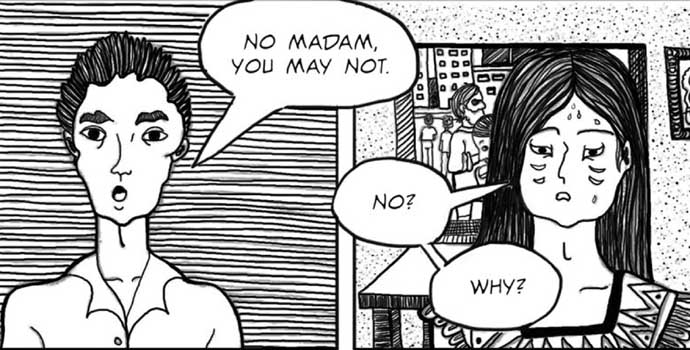
This is not a comic about the prowess of caped crusaders, but the tales of survival, honesty and integrity are no less heroic.
For instance, there’s heartbreaking reportage by Neha Dixit on the plight of a young girl who was abducted, assaulted and forced into marriage before being rescued. Her story, ‘The Girl Not From Madras’, is accompanied by sensitive, authentic illustrations by Orijit. While political vendetta is the theme running through ‘Effects of RTI’, ‘The Nawab’ is a story on police brutality and a crusading journalist. These short yet incisive writings on human trafficking, urban degradation, unabated commercial greed resulting in human displacement are not mere subjects for storytelling; these are issues that need corrective action in the present tense. Amidst the dark commentary a few bright sparks stand out, such as ‘Akhtari’, a soulful story on the legendary Begum Akhtar by Rajesh Devraj, which meanders seamlessly between English and Hindi.
Sen says he feels fearful occasionally as the powers that be seem intent on stifling voices that challenge misogyny, patriarchy and political clout, but his commitment to speak his mind remains steadfast. “It is important that artists and some others like us who have a certain position of privilege and network to say the right things and question what is wrong.”
Follow their Facebook page for updates on panel discussions and more.
Featured image source: First Hand
Words by Pavi Sagar

